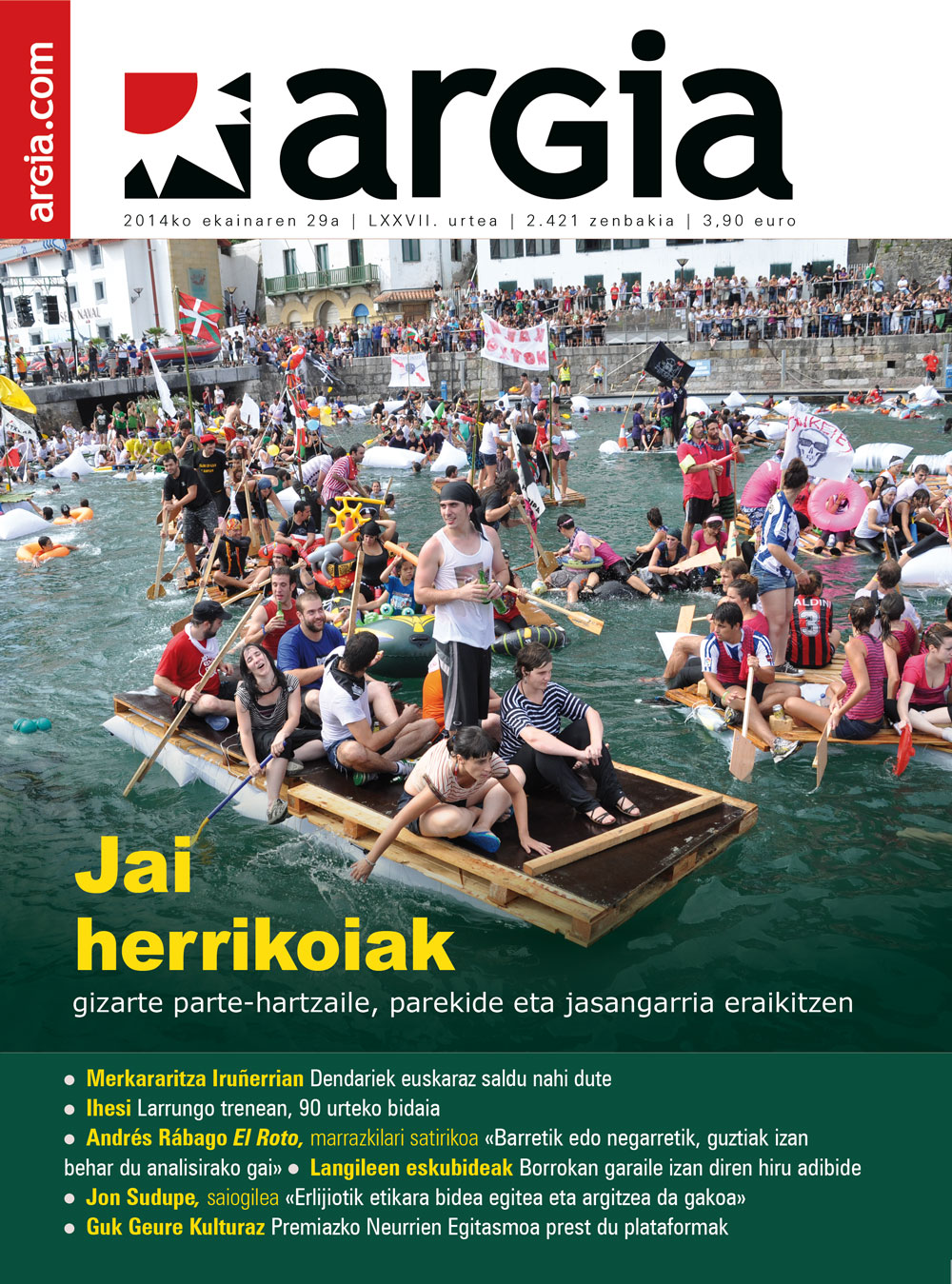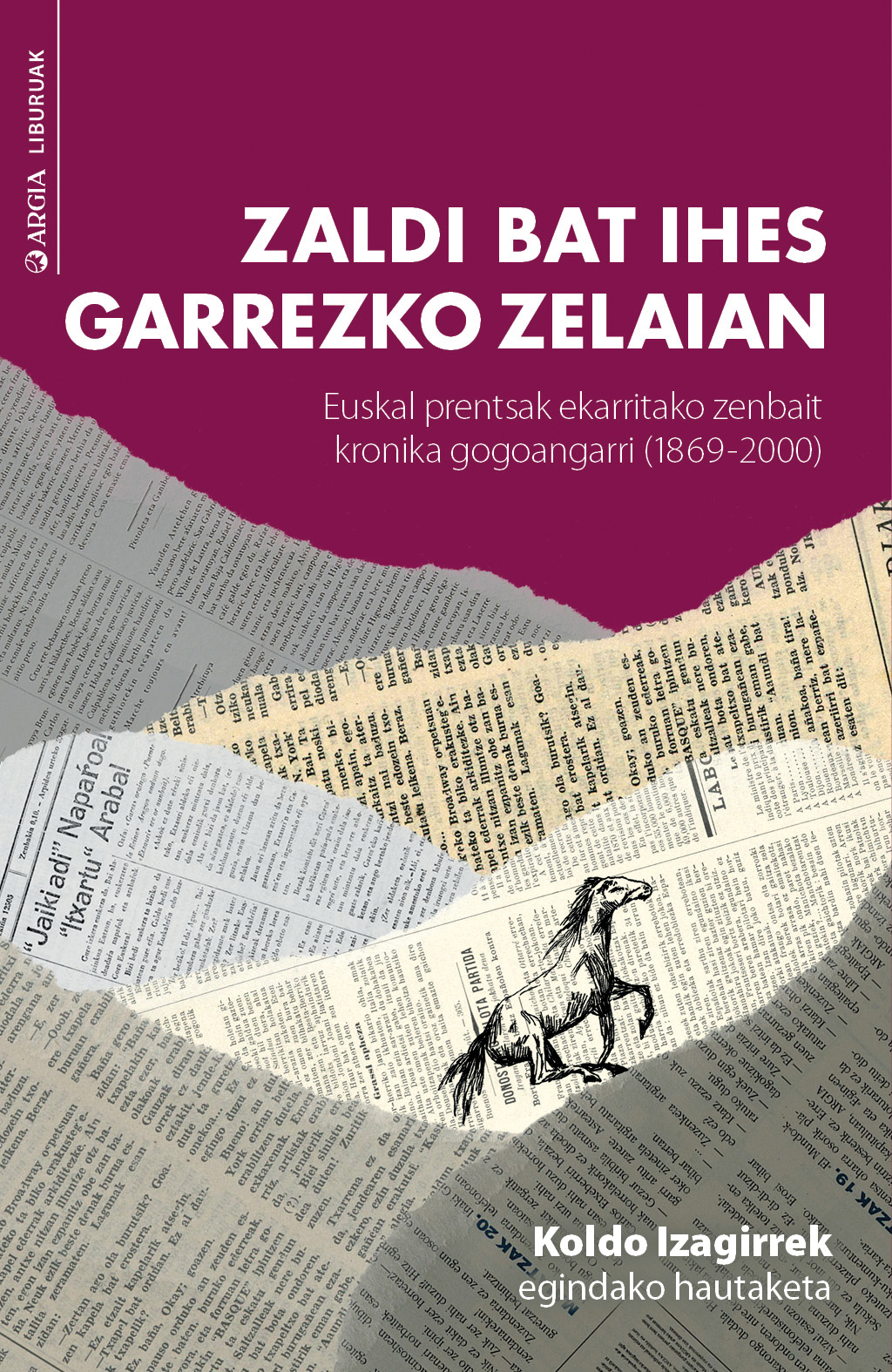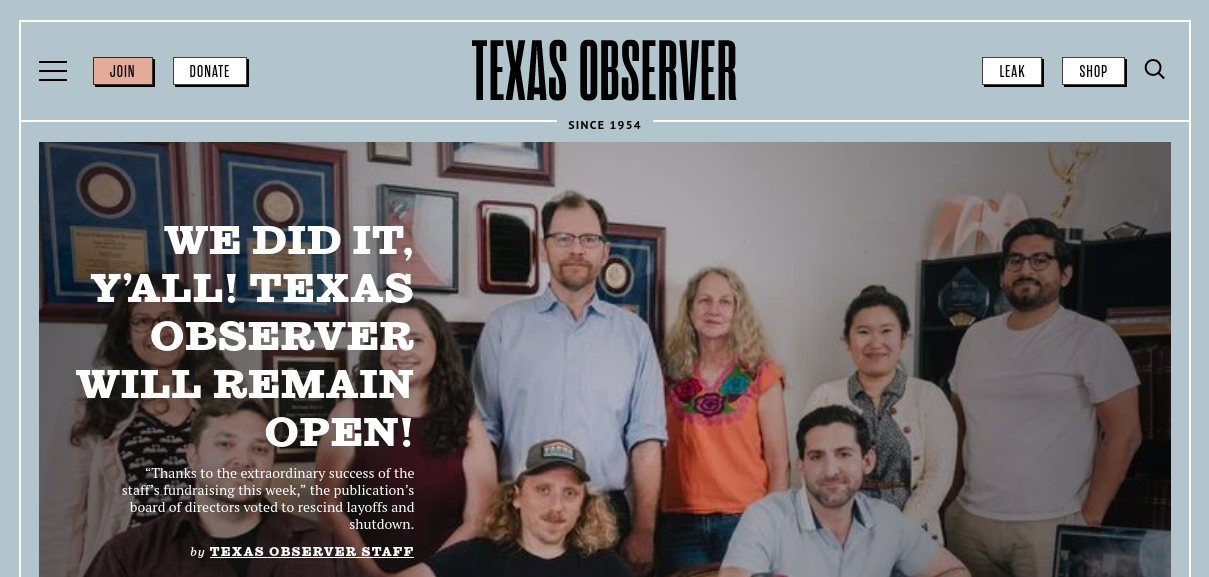"In most laughter, I think it's a deactivator."
- “...corrupted to the ground, life is the biggest, I could lose what it is...”

We all draw as a little boy ...
And why not increase it? Why is the passion for drawing and art lost along the way? I've used the pen in my hand since I was a kid, and I've taken the satirical drawing ever since I was a kid. I am one of those who believe that everyone is created in the world with a concrete task. Maybe because I found mine very early. I have never decided anything, circumstances have taken me from one side to the other. I've tried to avoid obstacles, not to collide, I've struggled to stay on the surface of the water, but I've always followed the flow of life. I am a lucky person, I have never found sufficient difficulty to question my origin in the world. As in all rivers, there have been times when the waters were very stagnant, times of rapid flow, but I have always followed the direction marked by the stream.
Are the waters under Franco necessarily turbulent for a satirical artist?
Dictatorships always have sharp swords, languages and hands ready to cut them, but I had no difficulty. I easily intuited what could come and would move comfortably in search of spaces, I turned to cultural journals that weren't engaged in politics. They promised me and offered me a series according to my orders. He had a mute, very visual language, plagued with codes to interpret, difficult to censor. After Francoism, I realized what dictatorship really was. Until then, that was what was there. So I never felt a prisoner, I always found a way to say what I meant.
And after Francoism? The issues of censorship are giving much to talk about.
The first era of democracy was an era of effervescence. Everything was much more open than now, freer spirits than now. Now people are more classified, more labeled, everyone has to take care of their parish, but then all the dikes were broken and the water was flowing everywhere. It is therefore difficult to measure both the work of censorship and the work of self-censorship. I have always set limits and within those limits I have danced my wrist. I have always tried to be possessed, I have not sought provocations, I have preferred communication aimed at understanding the situation. For example, smiling is not a must for me. What is more, in most cases it seems to me to be a deactivator. Yes, from laughter or from crying, everything has to be capable of analysis. There can be no censorship.
Draw your head.
I'm a supervisor of what we live in, a transcript of observation. That's the flyer's instinct. Then everyone has their eyes, their position to look at the world, their backpack on the back ... Neutrality works knowing that total neutrality is impossible. I am not a prophet, but a neutral observer full of personal thoughts. A little more, we all know what is going on, what is the spirit of our time. Although there is an interest in concealing some things or diverting our attention, most of it is in sight. So my daily struggle is to see what's in sight. To do this, it is very interesting to look at the present from the past or from the future. Placing ourselves in another territory and seeing things as they are or were gives many clues about what we live in.
What relationship do you have with the present?
I am not interested in the present situation. I read the newspapers, I know what's going on, but I don't think I can realize the importance and the size of things without letting myself down. He who blindly follows what is happening ends with a tiring tongue in his mouth and, drowning, how can something serious be said? Therefore, what interests me is not the present, but the present, and not what presents us as the present, but the real present. We must understand that the best way to inform ourselves is silence. Without silence, you cannot look around with serenity, you cannot attend to yourself. The noise you hear around you doesn't let you hear the echo that things have in you. What is noise interested in? Okay, but I believe in personal responsibility, and everyone has to know how to use the tools that cause the stir, when to turn them on and when to turn them off. The existence of opposing interests does not relieve us of our responsibilities. We are people, not machines.
The person has the faces and faces of the people that appear in their drawings never appear clean. Why?
It's a technique, a choice. I don't like to associate things with one face. If we associate the responsibilities of the situations with specific people, we come to believe that when these people disappear the problem will be solved. That is not the case. Those people are puppets of the moment, actors of the moment. I'm interested in the script and the writers, the actors don't matter to me! When an actor gets sick, he changes actor, but the script goes on. That's why I think identification confuses us. In addition, I have the ambition to go through time and time. I don't want you to fail to understand tomorrow what I do now because nobody knows who a character is. Who will remember Rajoy, the ankle boots, Zapatero or King Juan Carlos tomorrow? Nobody. From the instinct of art or plastic you have the will to endure in time, and situations go much better than faces.
The instinct of your art doesn't require a lot of color.
The desire for total liberation of the spirit leads me, and color always enjoys the content. The beauty of black and white is an approach as a whole. If the moment asks me or if it works plastically, from time to time I add a drop of color to the drawings, but when coloring I see no sense. Austerity, in the basic sense of the word, is valuable in all fields. That is what I think is missing and what we need. Austerity is not poverty. Austerity is to oppose this consumption system, a way to change the direction of the truck that takes us against the wall.
What do you want to modify on your tapes humanizing animals and plants?
Humanizing living beings, with soul, is not sin. As violence is unbearable to me, I constantly empathize with animals and plants. This force is swallowed every time we eat a badly treated animal. We get damaged every day that we throw a toxic product into plants. The humanization of animals and plants is a demand to take into account our environment. Are we at peace with our environment? Does our being make sense outside of this environment? Who is going to pay the debts to the environment that we are accumulating? The intelligence devoted to vain philosophical politics or debates should also take care of it. That is the basis of everything.
At the base of your cartoons there is text and drawing. What is the relationship between them?
The relationship must be balanced. You cannot marry a good text with a poor drawing, or the other way around. Both demand attention, both with quality. So I look in the text for the simplicity I'm looking for in the drawing. Everything is very meditated, only the indispensable, nothing more, nothing less. Austerity in drawing, austerity in text, austerity in life. For example, I consciously reject digital processing. I'd rather search and craft work, let's add my hand. The approach I have in my head becomes a drawing as the photos reveal themselves. The hand acquires meaning on paper. The one who denies paper and hand is very cold to my taste.
Paper and hand, it seems to talk about the future of the press.
I have a suspicion that they want the paper to disappear. Paper is a document, a testimony. Others can be changed easily, erased quickly, leave few clues... But important businesses require paper. The media are very sick, because society is very sick. The cure of the media will come from the social cure, and only personal healing can lead to a social cure. We always leave the blame and responsibilities for others, we always point to the neighbour. They have to tell us what the problem is, present the solution, dial the direction... Shouldn't everyone own their world? To own ourselves, to own the world, to love and to hate will heal us. Hence all the solutions. As far as the press is concerned, we would probably need fewer resources than we have. We would see better how to act in the face of problems, where and how we can influence, what our best location is. In any case, the media are intermediaries and the excess of intermediaries is bad in all cases. If we could directly influence things, intermediaries would not have enough, but they would not have the importance they currently have. But that doesn't mean journalism doesn't have a future. Journalism is information, and information will always be needed. What is the value of information saturation without screening capacity?
The newspaper El País, which publishes your papers, does not live the best moments. How does this affect you?
I don't put myself in the newspaper. It doesn't involve me in the environment that I work in, beyond giving the best of what I know how to do. I don't go to the writing, I don't know what's going on there, I don't know how a newspaper works. I work in my studio, where I look at the world. In the mornings, I read the newspapers and took notes about what interests me, cut a couple of photos with my eyes, and I'm talking to the friends who paint me or visit me. After eating, I studied the ideas that have made the way, I decide what strength has, and I started drawing. After the drawing session is over, I decide, as intuition and the situation demand, what I'm going to publish the next day. It may be one of six months ago or the last one that rounded up that same afternoon. This daily methodical routine is my carapace, for better and for worse.
Would you draw the same thing in El País, El Mundo or ABC?
The logical thing is to work for a non-conflicting environment for you. If you're going to draw countercurrent continuously, sooner or later, you'll be popping. In this way, the medium must accept and respect your freedom, provide you with the way to do what you think you should do, not tell you about this and not about this, you should not give you any subject... I have never admitted it nor will I admit it. Every time I've been given a subject, I've rushed to think about what I would say. Even if it is all that is present in the air, the drawing should take it out of yourself. I don't believe in forced external impulses.
Does the artist's impulse survive to death? Is it never withdrawn?
The most common thing is not to retire, to die at work. As you're always studying, you always have a desire to kill with a pencil. Maybe one day the media won't exist, I'll be kicked out, nobody will want to publish books to me, but nobody will stop me from the pleasure of painting and drawing for me. That's why I don't worry about running out of space to publish. Meanwhile, like so far, I will follow the direction that marks the current, I will try to keep my level higher, learning something every day, opening the doors to language. I think it is essential to have given way to satirical language. It's obsolete, moody, and gradually it's acquiring all its expressive capability. Discovering new forms of expression is the way. Only in this way can you make a masterpiece that we all dream of and never comes.
Andrés Rábago. 1947an Madrilen sortutako marrazkilari satiriko autodidakta. 1968an argitaratzen hasi zenetik, ezizen zenbait eta medio andana pasa ondoren, 1990etik hona El País egunkarian argitaratzen ditu marrazkiak ‘El Roto’ ezizenarekin. Bere lanen bildumekin osatutako 20 liburu baino gehiago dauzka (azkenak, Oh la l'art eta A cada uno lo suyo), eta 2012an Espainiako ilustrazio sari nazionala jaso zuen.
“Oso garrantzitsuak dira, informazio asko ematen dute. Batzuetan, testuak gauza bat dio eta argazkiak kontrakoa. Bestetan, osagarriak dira. Ezinbestekoa zait bien arteko jolas hori. Ez al dira argazkilariak irakurleon begiak? Zoritxarrez, prentsa idatziak, oro har, ez du argazkia behar bezala zaintzen, ez dio behar besteko garrantzirik ematen”.
Dagoeneko erreformaren %96 adostuta dute Espainiako Kongresuan erreforma lantzen ari diren alderdiek, eta datorren astean akordio batera iritsiko dira, El Plural.com-en irakurri dugunez.
























